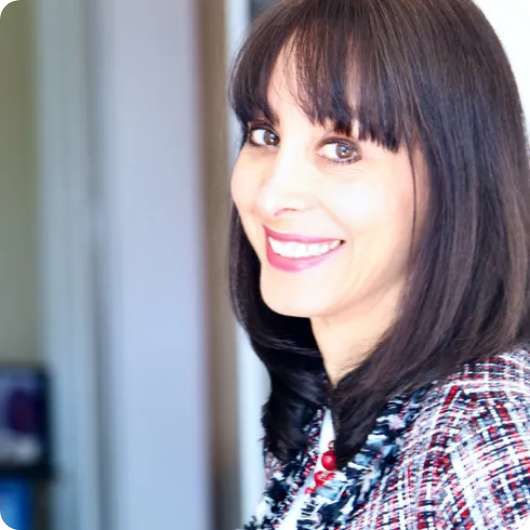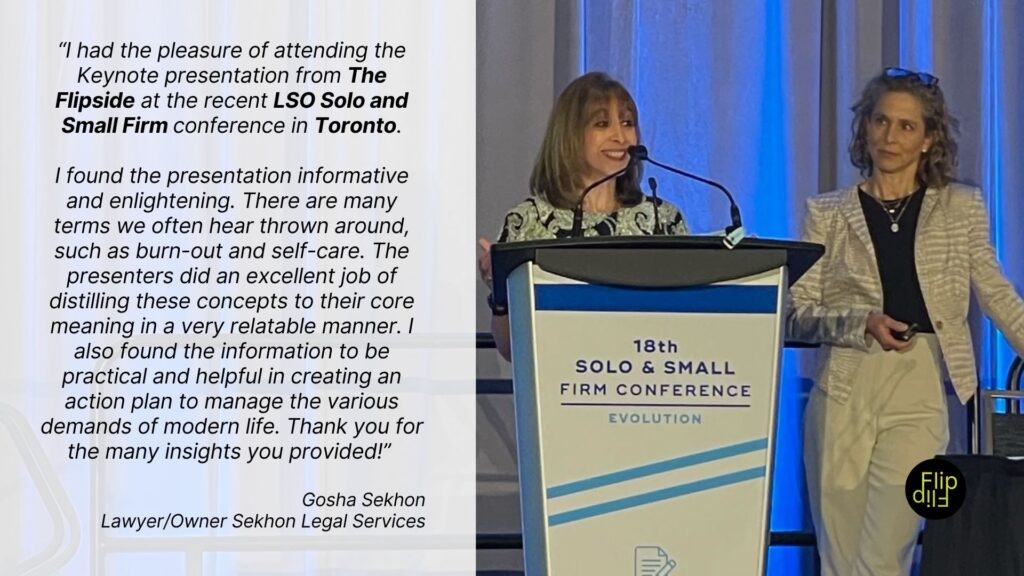Sleep
Night owl, morning warrior, or somewhere in between?

Are you familiar with the phrase: Early to bed and early to rise makes a man/woman healthy, wealthy, and wise?
It has been said many times that successful people wake up early and seize the day. These people are part of the 5:00 am club and they get many things done before 8:00 am to the frustration of many others that find it very hard to go to bed early and who consider 5:00 am an “ungodly” hour of the day.
If you are not among those who join the 5:00 am club and that go to bed no earlier than 11:00 pm/12:00 am…rejoice! Perhaps you are a natural night owl and you can be as healthy, wealthy, and wise as your early-morning neighbor!
It turns out that we all have a “chronotype”, which is nothing other than your body’s natural and biological preference to be awake and be asleep at a certain time of the day and it also helps determine when the peak of your alertness during the day will arrive.
This makes sense as we see some people being extremely alert and productive earlier in the day, others mid-day, and others later in the evening.
So, what is yours and why is this important to know?
What is your chronotype?
There are three main categories of chronotype: evening people, morning people, and anything in between. The one important thing to remember is that your chronotype is mostly triggered by your genetics.
Is there a problem with being one or the other? Not at all, as long as your sleeping habits are in harmony with your chronotype.
Early risers or “morning warriors” tend to go to bed early and wake up early. They usually get their required number of hours of sleep (between 7 to 9). It is usually easy for them to adjust their natural chronotype with their sleep routine.
Night owls, on the other hand, tend to go to bed later in the evening (which is in harmony with their natural chronotype), but unfortunately, work and personal demands preclude them to sleep as many hours as needed, creating a sleep “debt” that can accumulate for days, months and years. For instance, a night owl would feel sleepy around 11:30 pm or midnight. However, it is likely that their alarm clock will go off at 6:30 am to be able to get ready and be in the office or start working by 9:00 am.
If 7 hours of sleep is all that this person needs, then it is all good. But if this is a person that needs 8 or 9 hours of sleep, the missing hours will have a compounding effect down the road that will most likely reflect on his/her health. Studies show that, unfortunately, evening types sleep an average of 6.6 hours per night, which is less that the recommended hours.
This does not mean that if you are a night owl you should force yourself to be a “morning person”. It means that you may want to work on adjusting your sleep routine to make it as close to your chronotype as possible while at the same time avoiding any form of sleep debt.
How can you do this?
If your goal is to sleep 7.5 hours every night and you are an evening type that goes to bed at midnight and wakes up at 6:30 am every day, then start by setting an alarm to go to bed 15 minutes earlier for one or two weeks and waking up at the same time the next day. These small adjustments will have long-term benefits.
After one or two weeks of going to bed 15 min earlier, then switch your alarm and go to bed 15 additional minutes earlier, i.e., 11:30 pm. Keep this for another two weeks and then again move your “bedtime” alarm, until you reach your desired time of 11:00 pm.
How to find out what is your chronotype
If you want to find out what is your chronotype, you can use the test in this link (recommended by sleep expert, Matthew Walker Ph.D.).
But if you don’t want to use the link, then simply ask yourself: if you were on a deserted island, with no particular obligations, what time would you like to go to bed, and what time you would like to wake up? The answer to this question will give you a very good sense of where you stand and will allow you to make adjustments, if needed, to optimize your sleeping time and schedule and maximize the benefits of getting a good night’s sleep.
Remember…
Sleep is the cheapest tool in your health toolbox: you don’t need expensive hardware or technical knowledge to use this tool. All you need is to listen to your body, pay attention to when you feel sleepy and when, during the day you are at your peak mentally, and use this information to create your personal routine and obtain all the benefits that come from having a great night’s sleep.
And if you are wondering…my test came back at 74 which means that I am “definite morning”!
Stay well,
MV





